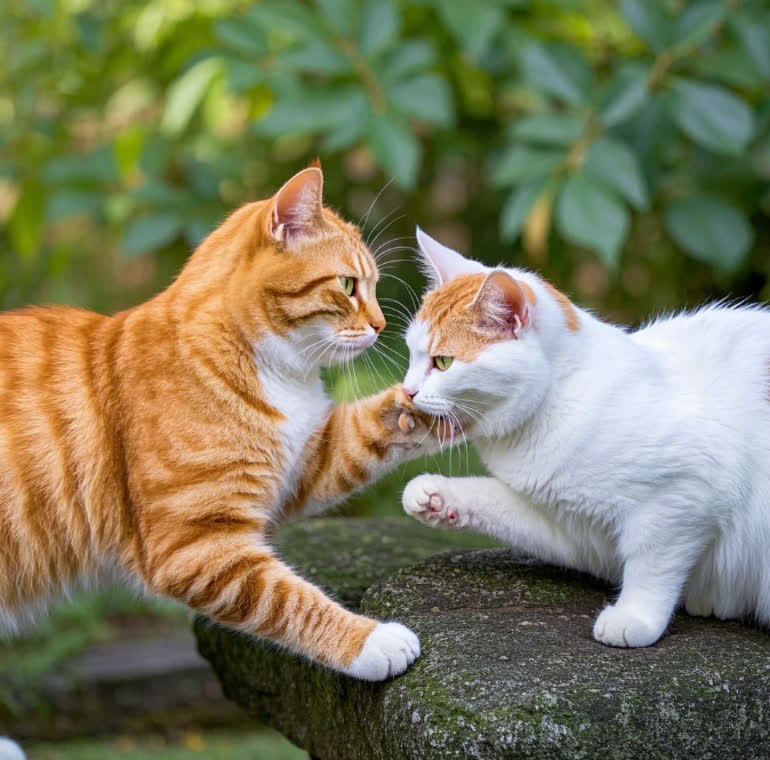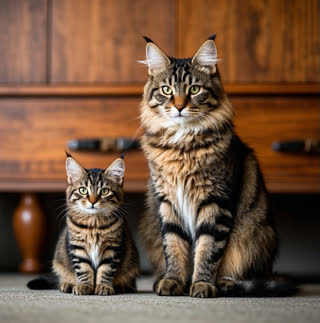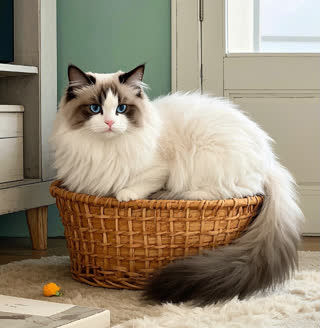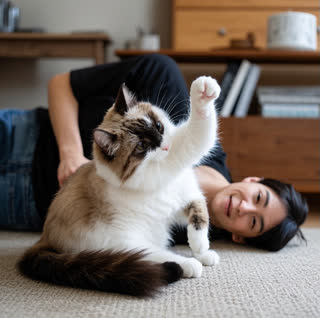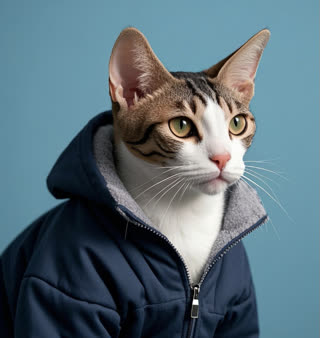Choosing between a male or female cat is a common dilemma for new pet parents. While both genders make wonderful companions, understanding their biological and behavioral differences can help you make the best decision for your lifestyle. In this comprehensive guide, we'll explore scientific research, veterinarian insights, and real-world experiences to answer the age-old question: are male or female cats better?
Male cats (tomcats) have larger testicles and penile spines, while females (queens) have uterine horns and ovarian cycles. These differences affect:
According to the American Veterinary Medical Association (AVMA):
Males: Higher risk of urinary blockages (3x more common)
Females: Higher incidence of mammary tumors (70% malignant)
Both benefit from early spaying/neutering (reduces cancer risk by 90%)
A 2023 study in Applied Animal Behavior Science found:
Males score higher in "playfulness" (62% vs 51%)
Females show greater "trainability" (58% vs 47%)
Both genders equally affectionate (89% owner satisfaction)
Multi-cat households: Females establish stricter dominance
Singleton cats: Males often bond more strongly with humans
Kittens: Both genders equally playful until sexual maturity
Males: Reduced muscle mass, decreased testosterone
Females: Elimination of heat cycles, lower estrogen levels
87% reduction in aggression in neutered males
93% decrease in roaming behavior in spayed females
Improved litter box habits for both genders
Certain breeds show gender-specific traits:
Maine Coon: Males weigh 15-25 lbs vs females 10-15 lbs
Siamese: Males more vocal, females more independent
Persian: Both genders equally docile
Dr. Jane Brunt, president of the CATalyst Council, advises:
"Focus on individual personality over gender. Look for cats that match your activity level and home environment."
Shelter statistics show:
Reality: 55% of lap cat owners have males (ASPCA survey)
Fact: Neutered males scratch furniture 18% less than intact males
Science: Both genders learn tricks equally well with positive reinforcement
Ultimately, the "better" cat depends on your personal preferences and circumstances. Consider these final factors:
Do you want a playful or calm companion?
Are you prepared for potential health issues?
Does your household need a cat that adapts well to change?
Remember, every cat has a unique personality - gender is just one piece of the puzzle. Visit your local shelter to meet adoptable cats and let their personalities guide you!
